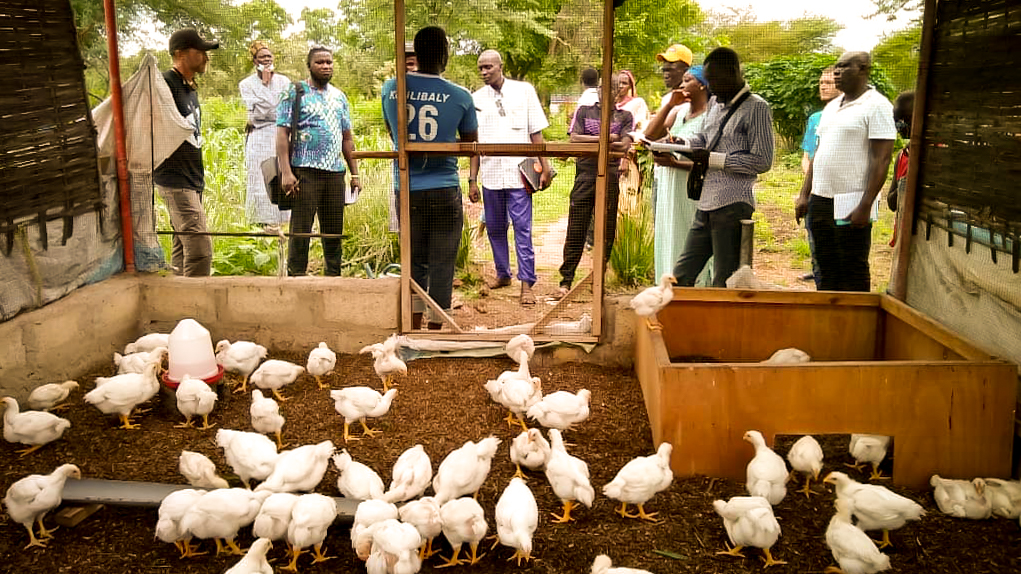Andrew B
Member
- Location
- Great Britain & West Africa ( Ghana)
These two articles by By David Pannell ( from Australia) has certainly made me think
 www.pannelldiscussions.net
www.pannelldiscussions.net
 www.pannelldiscussions.net
www.pannelldiscussions.net
The comments section is worth reading too as I believe these policies are going to become more relevant for us all over the coming months/ years.
In his first paper David makes 6 pertinent points as to why Soil carbon is a highly flawed climate policy .
His focus is mainly on Australian farming methods but I think we can learn from it here in UK
As a taster here is one point he makes: (but read the whole report to really understand his position)
2. Soil sequestration is a once-off process. People seem to imagine that new carbon can continue to be sequestered indefinitely, but once farmers change their management to increase soil carbon, it increases up to a new equilibrium level after about 20-30 years and then stops. Farmers need to stick with the new management regime to avoid releasing the carbon they have sequestered, so costs continue to be incurred, but not new benefits that would justify further payments.
Are we traveling down a path where farmers will be the main losers over time?
346. Soil carbon is a highly flawed climate policy, Part 1 – Pannell Discussions
347. Soil carbon is a highly flawed climate policy, Part 2 – Pannell Discussions
The comments section is worth reading too as I believe these policies are going to become more relevant for us all over the coming months/ years.
In his first paper David makes 6 pertinent points as to why Soil carbon is a highly flawed climate policy .
His focus is mainly on Australian farming methods but I think we can learn from it here in UK
As a taster here is one point he makes: (but read the whole report to really understand his position)
2. Soil sequestration is a once-off process. People seem to imagine that new carbon can continue to be sequestered indefinitely, but once farmers change their management to increase soil carbon, it increases up to a new equilibrium level after about 20-30 years and then stops. Farmers need to stick with the new management regime to avoid releasing the carbon they have sequestered, so costs continue to be incurred, but not new benefits that would justify further payments.
Are we traveling down a path where farmers will be the main losers over time?







